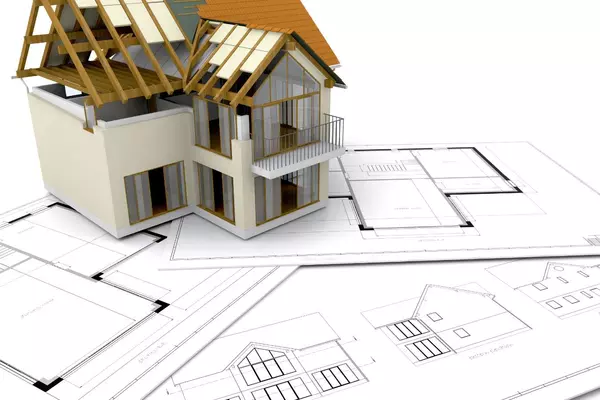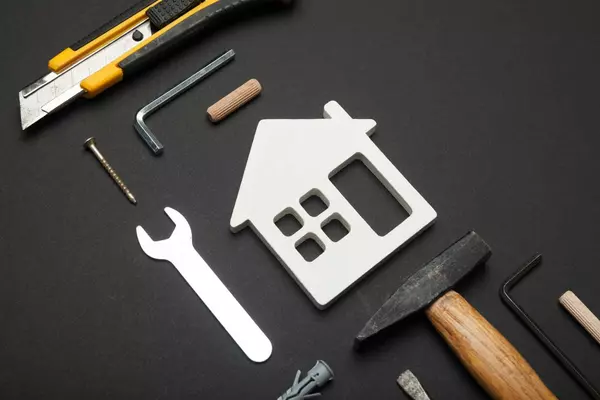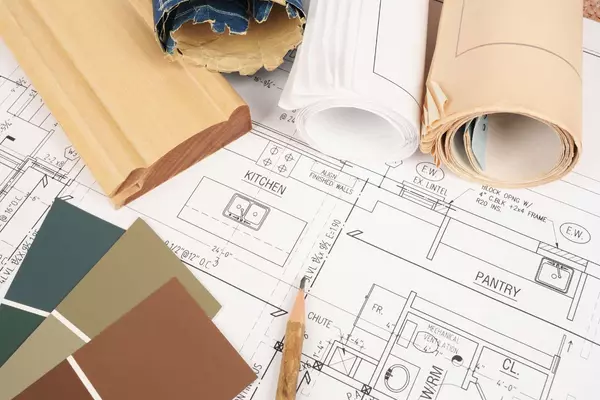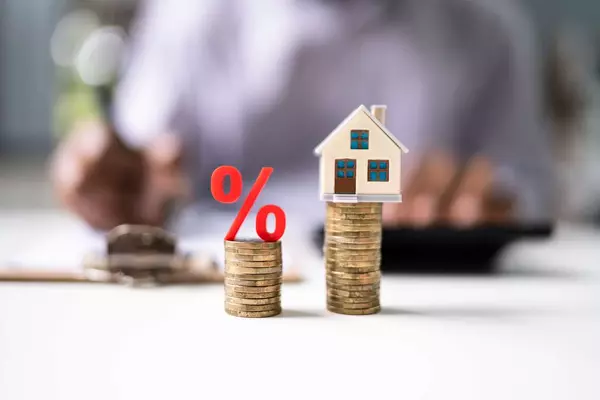
Top 3 Tips to Turn Your Homeownership Goals into Reality!
Saving for a new home can be a daunting task, especially for first-time homebuyers. With the rising costs of real estate, it's essential to start planning early and establish a solid savings plan to achieve your goal of owning a home. In this blog, we will explore the three most effective tips for saving towards your future home purchase. Start Saving Early Starting your home savings journey early is crucial for achieving homeownership. With more time on your side, you can develop a strong financial habit and set achievable targets. Early savings also allow you to explore various down payment options and make informed decisions that align with your budget and long-term goals. Beyond finances, it instills discipline and fosters responsible money management habits. Don't wait; begin your savings journey now and turn your dream of owning a home into a reality. Track Your Expenses and Eliminate Excess Spending Tracking your expenses is an essential step in creating a savings plan for a new home. Start by listing your monthly expenses, including rent, utilities, groceries, and any other bills. Once you have a clear picture of your expenses, look for areas where you can cut back. For example, you could reduce your dining out expenses, cut down on your cable bill or switch to a lower-cost cell phone plan. With these cutbacks, you'll have more money to put towards your savings. Save Bonus’ or Tax Refund If you're fortunate enough to receive a bonus or tax refund, consider putting it towards your home savings. Instead of immediately spending the money, transfer it to your savings account. This way, you'll be one step closer to your savings goal without compromising your other expenses. Saving for a new home purchase can be challenging, but with a solid plan in place, it's achievable. Starting early, tracking your expenses and eliminating excess spending, and saving bonus’ or tax refunds are just a few tips to help you achieve your goal. Remember, homeownership is an investment in your future, so it's worth the effort to save towards it.

Will Mortgage Interest Rates Improve in 2023?
As we look towards the future of the real estate market, many prospective homebuyers are wondering if mortgage interest rates will improve in 2023. While we cannot predict the future with complete accuracy, we can examine current trends and market forecasts to better understand what may be in store for mortgage interest rates in the coming years. Mortgage Rate Forecast According to Freddie Mac, 30-year fixed rate mortgages averaged 6.69% as of June 15, 2023, down from last week when it averaged 6.71%. For perspective, a year ago at this time the 30-year FRM averaged 5.78%. Mortgage rates decreased slightly this week in anticipation of the pause in rate hikes by the Federal Reserve. As inflation continues to decelerate, economic growth is slowing, and the tightening cycle of monetary policy is reaching its apex, which means mortgage rates are expected to decrease later this year and into next. This is good news for homebuyers, as low interest rates can make homeownership more affordable and accessible. However, it's important to keep in mind that these forecasts are just predictions based on current market conditions and economic trends. Several factors can impact interest rates, including inflation, the economy, and global events. Why Have Interest Rates Increased? To understand the forecast for mortgage interest rates in 2023, it's helpful to look at why rates have increased in recent years. In 2021, interest rates have started to climb after hitting historic lows in 2020. This is due to a combination of factors, including a stronger economy, rising inflation, and the Federal Reserve's decision to taper its bond-buying program. When the economy is strong and inflation is on the rise, the demand for credit increases. This puts upward pressure on interest rates as lenders seek to earn a higher return on their investments. The Federal Reserve can also impact interest rates by adjusting its monetary policy, such as raising or lowering the federal funds rate. How Inflation Affects Mortgage Rates Inflation is one of the biggest drivers of interest rates, as it directly impacts the purchasing power of money. When inflation is high, the value of money decreases, and lenders demand higher interest rates to compensate for the loss of purchasing power. Inflation can also impact the economy as a whole, leading to higher prices and decreased consumer spending. This can cause a ripple effect throughout the real estate market, affecting home prices and demand for mortgages. To combat inflation, the Federal Reserve can raise interest rates, which can slow economic growth but also help stabilize prices. However, raising interest rates can also make it more difficult for homebuyers to afford their monthly mortgage payments, leading to decreased demand for homes. Conclusion While we cannot predict the future with certainty, current forecasts suggest that mortgage interest rates will gradually improve in late 2023. However, several factors can impact interest rates, including inflation, the economy, and global events. As a prospective homebuyer, it's important to stay informed about current market trends and work with a trusted lender to find the best financing options for your situation. With the right strategy and the guidance of a knowledgeable real estate professional, you can achieve your dream of homeownership and navigate the ever-changing landscape of the real estate market.

Improve Your Credit to Qualify For a New Home
Buying a new home is one of the most exciting and life-changing decisions you can make. It’s also a significant financial investment that requires careful planning and preparation. One important factor that can impact your ability to qualify for a mortgage is your credit score. Improving your credit is a crucial step in achieving your dream of homeownership. Here are some tips to help you improve your credit score and qualify for a new home. Make Your Payments on Time Your payment history is the most critical factor in determining your credit score. Late payments or missed payments can have a significant negative impact on your credit score. Make sure that you make all your payments on time, including credit cards, loans, and other bills. Pay Down Your Debts High credit utilization can also hurt your credit score. If you have high balances on your credit cards, it can negatively impact your score. One way to improve your credit utilization is to pay down your debts. Try to pay more than the minimum payment due each month to reduce your balances and improve your credit score. Do Not Apply For New Credit Applying for new credit can lower your credit score. When you apply for credit, the lender pulls your credit report, which is called a hard inquiry. Too many hard inquiries can negatively impact your score. If you plan to apply for a mortgage, avoid applying for any new credit in the six months leading up to your application. First Time Home Buyers If you are a first-time homebuyer, there are special programs available that can help you qualify for a mortgage. FHA loans, for example, are designed to help first-time homebuyers with lower credit scores qualify for a mortgage. You may also be eligible for down payment assistance programs that can help you with the upfront costs of buying a home. In conclusion, improving your credit score is an essential step in qualifying for a mortgage and achieving your dream of homeownership. Make your payments on time, pay down your debts, and avoid applying for new credit to help improve your credit score. If you are a first-time homebuyer, explore special programs that can help you qualify for a mortgage. With these tips, you can improve your credit score and take the first step towards homeownership.
Categories
Recent Posts










